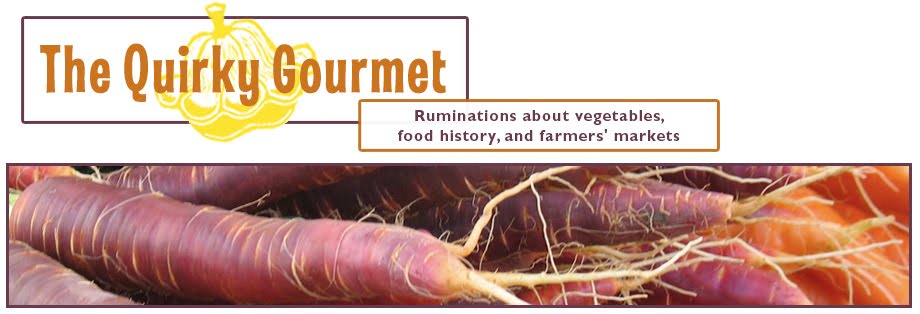Like most reasonably sane people, I'll do almost anything to avoid bookkeeping and data entry. But the strangest thing happens once I actually sit down and start inputting numbers: they tell a story, explaining why we've felt short on cash or where we're been spending too much.
This past winter I applied for an SBA loan, a bear of a process. I managed to pull together the accounting information necessary to convince the bank that I was loan worthy, although it took most of my waking hours for a stretch.
I worked with a loan consultant, who also happened to be my real estate broker. I showed him a draft of a cash flow projection, which I had prepared to show that the business could pay the rent even if it didn't grow much. If I were a loan officer, that would be what I would want to see.
The loan consultant commented that if my projections didn't project real growth then the bank would assume I had no confidence, and he asked me to revise the projection to show that we'd grow by 20 percent annually.
This was a reasonable request: we have, in fact, grown about 20 percent per year for the past 10 years. But when I plugged in the numbers, the profit barely changed. Scratching my head, I revisited some of the other figures. In particular, I looked at the payroll cost, which had been 46 percent of the gross last year.
I knew that payroll percentage was too high and I had some ideas about why that was case and how we could correct it. I changed the projected payroll cost to 40 percent, which was still higher than what we'd typically spent, at least up until last year.
The bottom line tripled!
So I've developed a new fixation with COGS, or cost of goods sold, the accounting concept that measures the direct costs such as materials and payroll that go into creating what a business sells, as opposed to indirect costs such as rent and vehicle expenses, which are also necessary but peripheral.
I'm observing correlations between ways of organizing tasks and number of hours spent to achieve outcomes. I'm walking that fine line between managing and micromanaging, seeing connections between the accounting information and day to day processes. I'm actually finding it fascinating.

